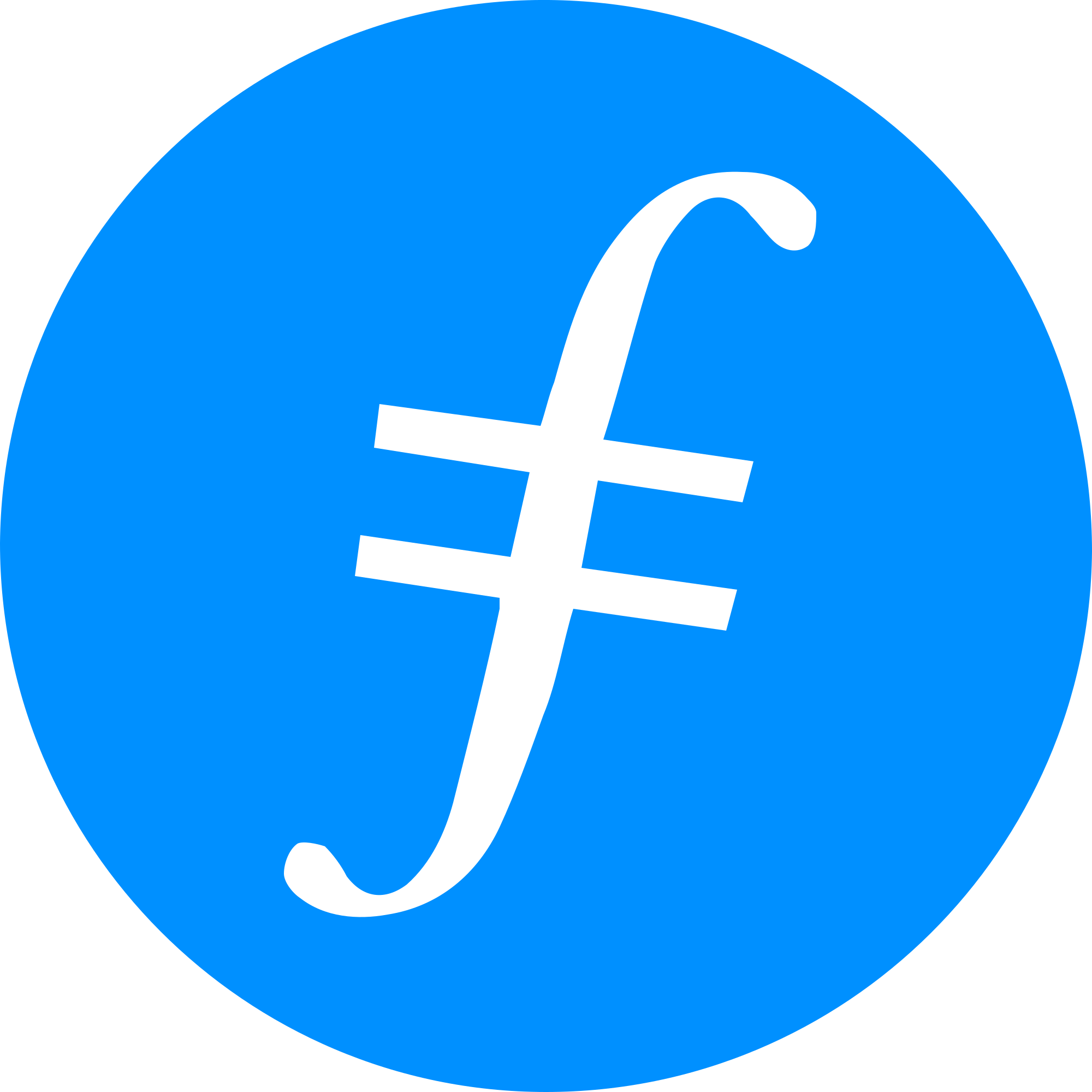
Filecoin
Filecoin is a peer-to-peer network that stores files, offering built-in economic incentives and cryptography to ensure files are stored reliably over time. Filecoin was developed as a decentralized alternative to traditional cloud storage providers, which operate in a market that is growing by nearly 35% per year.
More precisely, Filecoin enables the efficient use of storage resources and democratizes access to data, enabling users to store and retrieve data more securely, efficiently and transparently. Ultimately, Filecoin leverages the power of blockchain technology to create a market for unused storage capacity.
FIL
There are currently 3,747 active Filecoin devices. The FIL Market Cap is $1,723,138,258.The price today is 2.56 USD.
Staking
Chart
Device Map
Number of Devices
3,747
Number of Countries/Regions
35
FIL Markets
Exchange | Pair | Price | Spread | +2% Depth | -2% Depth | 24h Volume | Volume % | Last Updated | Trust Score |
|---|---|---|---|---|---|---|---|---|---|
 Binance | FIL/USDT | $2.58 | 0.038775% | $405,746.177 | $560,349.114 | $17,497,265 | 11.412% | 7 hours ago | |
 HTX | FIL/USDT | $2.58 | 0.019352% | $56,938.345 | $173,698.676 | $16,231,942 | 10.564% | 7 hours ago | |
 OKX | FIL/USDT | $2.58 | 0.038715% | $488,329.827 | $489,681.205 | $9,115,125 | 5.962% | 7 hours ago | |
 Bibox | FIL/USDT | $2.59 | 0.022178% | $222,097.1 | $227,142.85 | $7,798,697 | 4.977% | 7 hours ago | |
 FameEX | FIL/USDT | $2.59 | 1.386963% | $6,742.102 | $3,125.945 | $7,740,178 | 5.048% | 7 hours ago | |
 Gate | FIL/USDT | $2.58 | 0.038715% | $484,352.791 | $571,682.226 | $7,263,931 | 4.753% | 7 hours ago | |
 Poloniex | FIL/USDT | $2.58 | 0.310318% | $6,641.549 | $6,335.58 | $7,152,142 | 4.682% | 7 hours ago | |
 Bybit | FIL/USDT | $2.58 | 0.038715% | $108,940.727 | $193,097.107 | $6,419,093 | 4.210% | 7 hours ago | |
 CoinW | FIL/USDT | $2.59 | 0.05031% | $76,699.708 | $88,226.897 | $5,299,768 | 3.382% | 7 hours ago | |
 Toobit | FIL/USDT | $2.59 | 0.03873% | $1,984,963.754 | $2,018,227.659 | $5,235,851 | 3.414% | 7 hours ago |
Learn More
Filecoin is a peer-to-peer network that stores files, offering built-in economic incentives and cryptography to ensure files are stored reliably over time. Filecoin was developed as a decentralized alternative to traditional cloud storage providers, which operate in a market that is growing by nearly 35% per year.
More precisely, Filecoin enables the efficient use of storage resources and democratizes access to data, enabling users to store and retrieve data more securely, efficiently and transparently. Ultimately, Filecoin leverages the power of blockchain technology to create a market for unused storage capacity.
Filecoin News
View more





Social
Impressions
8,223,181
Engagement
61,273
Mindshare
1.43%